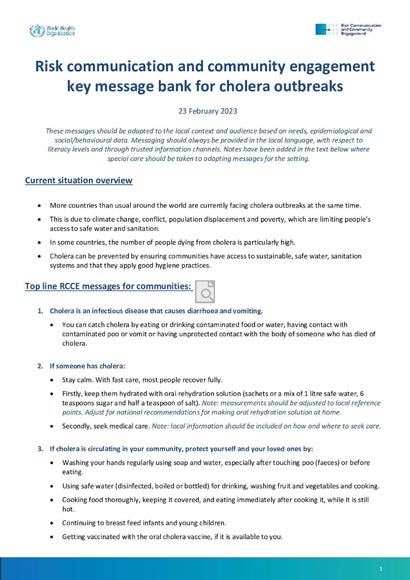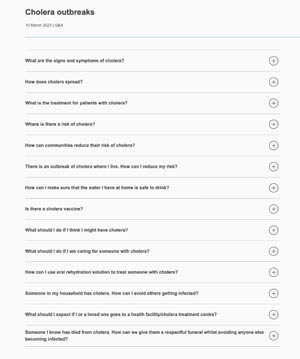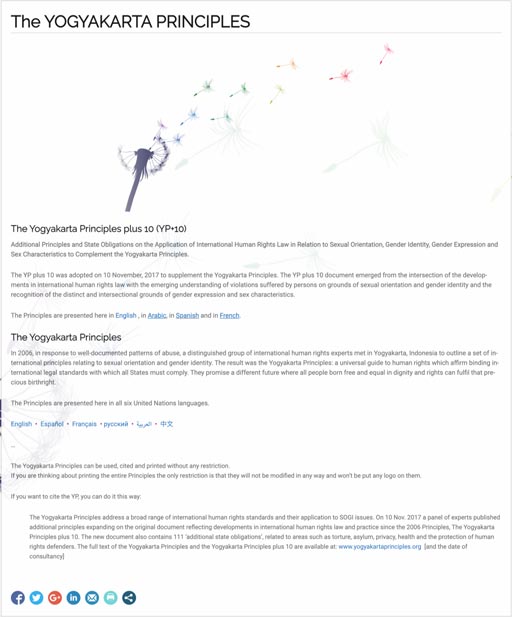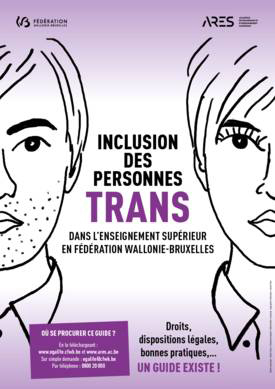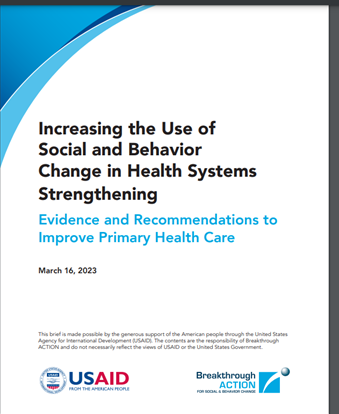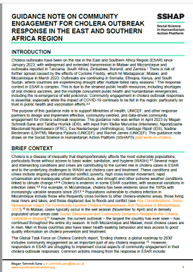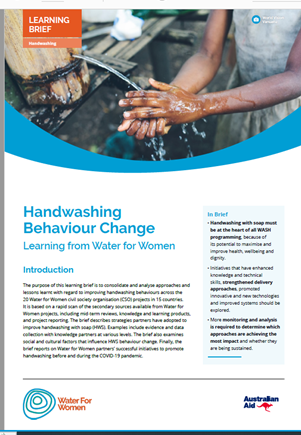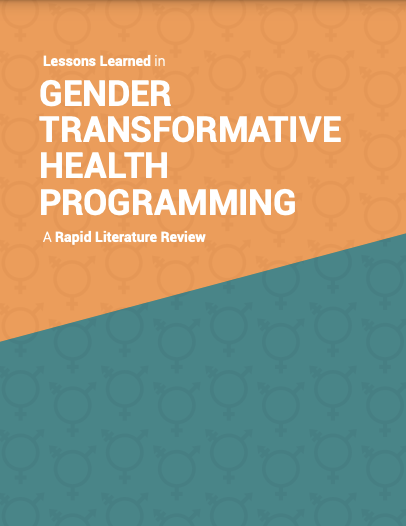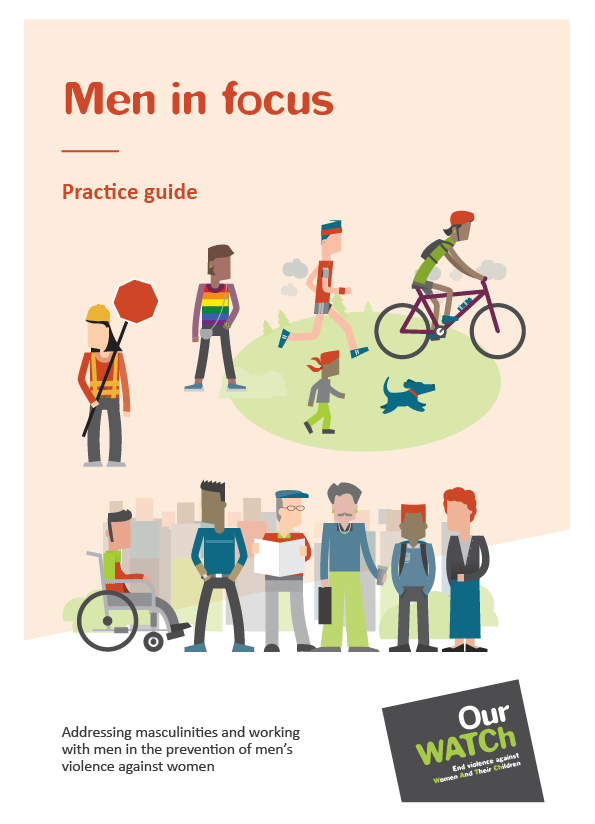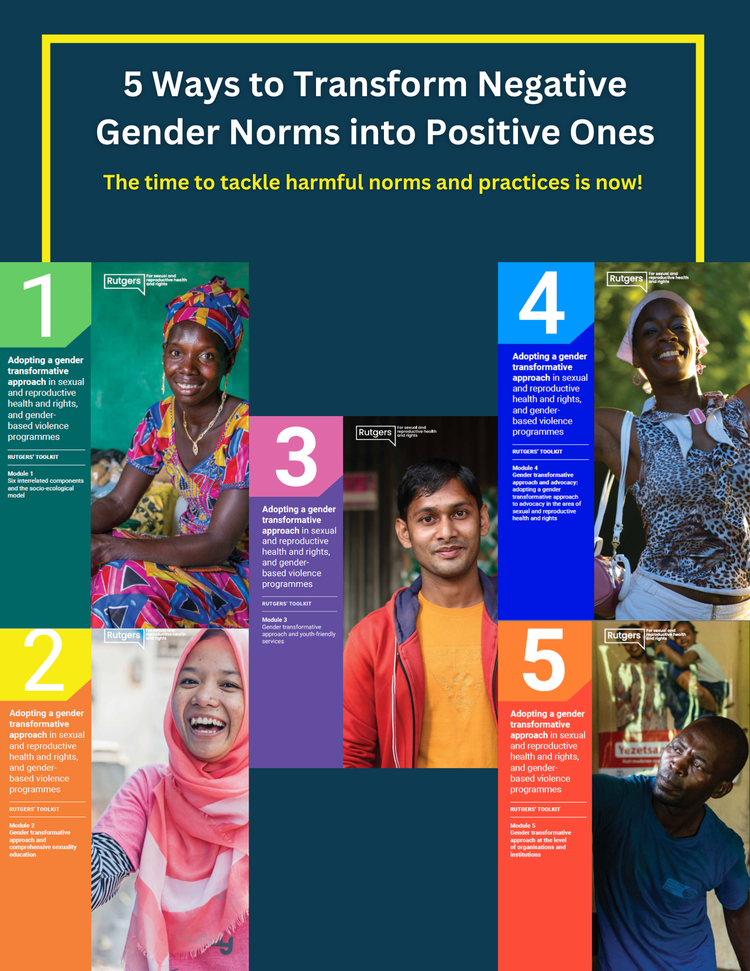Les Principes De JOGJAKARTA
Tous les êtres humains naissent libres et égaux en dignité et en droits. Tous les droits humains sont universels, interdépendants, indivisibles et intimement liés. L’orientation sexuelle et l’identité de genre font partie intégrante de la dignité et de l’humanité de toute personne et ne doivent pas être à l’origine de discriminations ou d’abus.
Les Principes de Jogjakarta (Principes sur l’application de la législation internationale des droits humains en matière d’orientation sexuelle et d’identité de genre) affirment les normes juridiques internationales obligatoires auxquelles les États doivent se conformer. Ils promettent un futur différent, où tous les êtres humains, nés libres et égaux en dignité et en droits, pourront jouir de ces précieux droits acquis lors de leur naissance même.
All human beings are born free and equal in dignity and rights. All human rights are universal, interdependent, indivisible and interrelated. Sexual orientation and gender identity are integral to the dignity and humanity of every person and should not be a basis for discrimination or abuse.
The Yogyakarta Principles (Principles on the Application of International Human Rights Law in relation to Sexual Orientation and Gender Identity) affirm binding international legal standards to which states must adhere. They promise a different future, one in which all human beings, born free and equal in dignity and rights, will be able to enjoy these precious rights acquired at birth itself.
Last modified: May 18, 2023
Language: Arabic, Chinese, English, French, Russian, Spanish
Year of Publication: 2007

